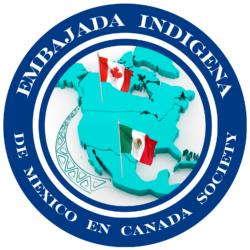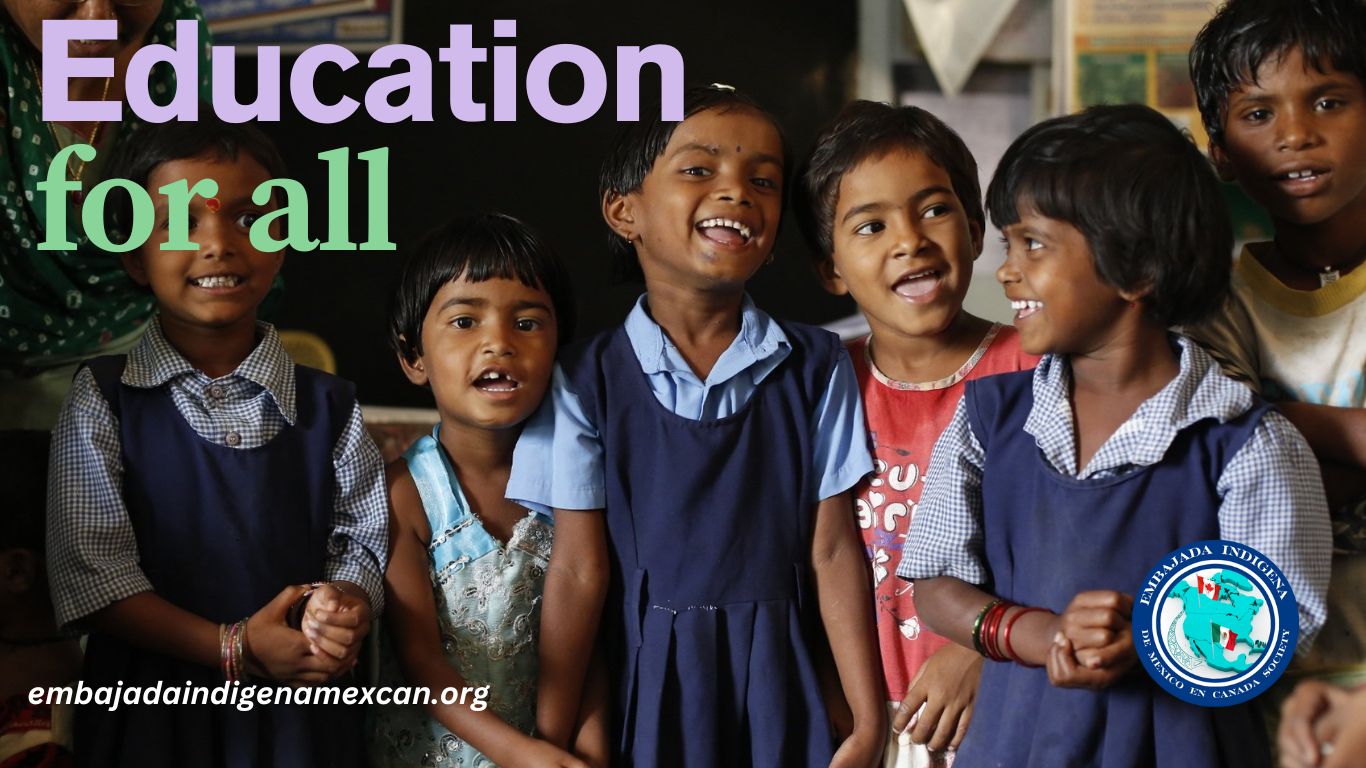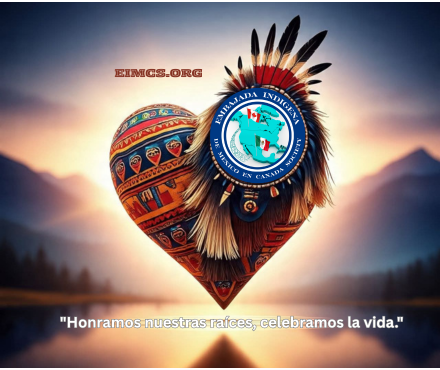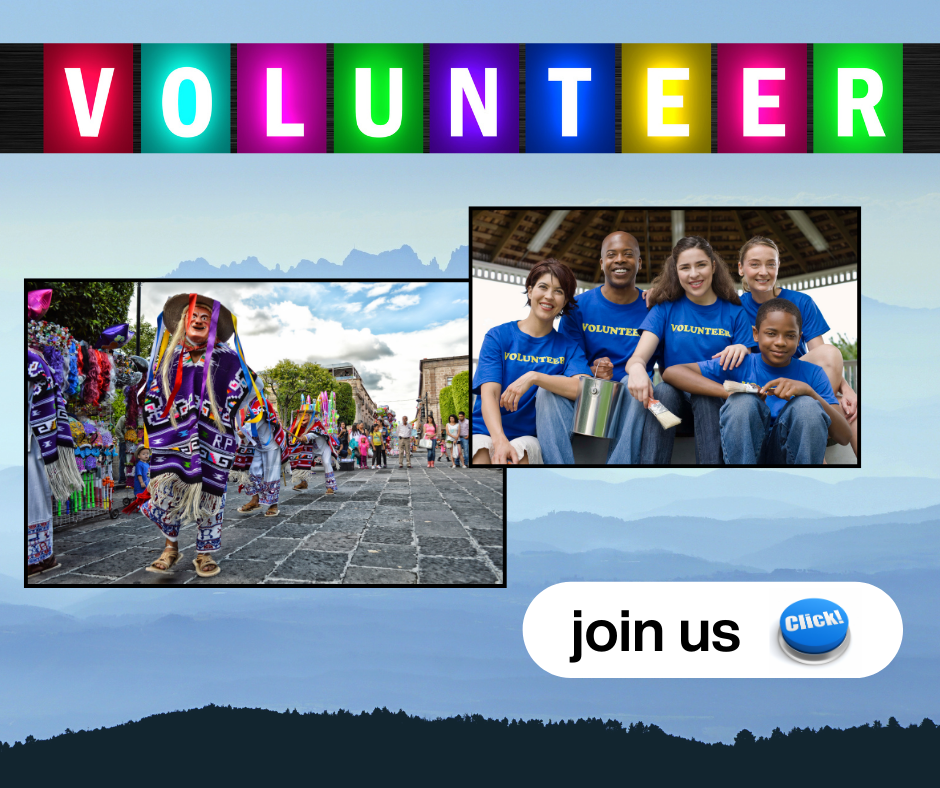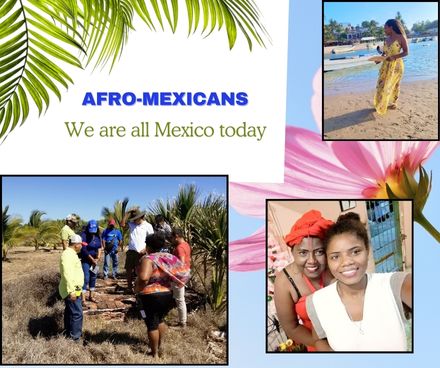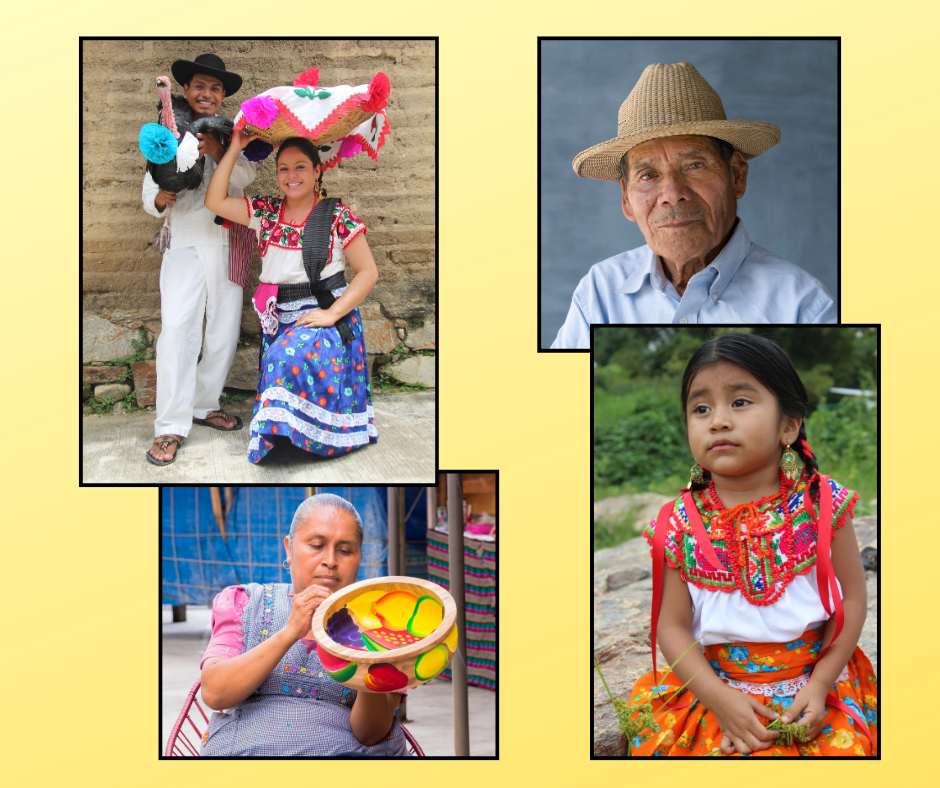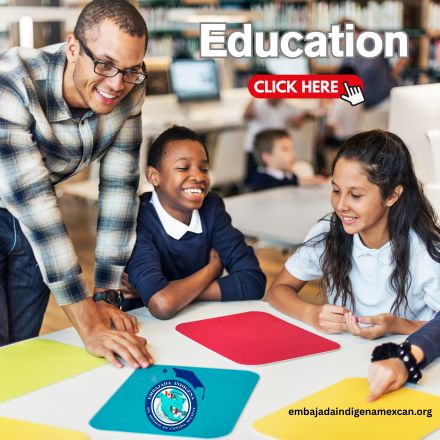Language and Education: Pillars for the Development of Mexico’s Indigenous Peoples
Indigenous Embassy of Mexico in Canada.
Special Statement
Mexico is recognized for its rich cultural and linguistic diversity, home to more than 11 million Indigenous people who speak 68 languages and 364 dialectal variants. However, despite this invaluable heritage, many communities still face historic barriers in accessing education and preserving their native languages.
At the Indigenous Embassy of Mexico in Canada, we reaffirm our commitment to promoting the linguistic and educational rights of Indigenous peoples. Under the leadership of Indigenous Ambassador Sergio Negrete, we are advancing an initiative that positions intercultural bilingual education and language revitalization as essential pillars for Indigenous development—both in Mexico and on the international stage.
Education with Cultural Relevance
Indigenous Ambassador Sergio Negrete has emphasized the need for an educational model that not only includes standard academic content but also embraces ancestral knowledge, Indigenous worldviews, and instruction in native languages. This approach strengthens community identity and dignity, while promoting equitable access to knowledge and civic participation.
Language: A Living Heritage
Indigenous languages are much more than a means of communication; they carry history, science, spirituality, and unique ways of understanding the world. Yet many are endangered. According to the National Council for the Evaluation of Social Development Policy (CONEVAL), only 9.4% of Indigenous language speakers in Mexico attain higher education, compared to 35.9% of the non-Indigenous population.
To address this, tangible actions are being promoted, such as the training of Indigenous-language educators, the development of educational materials in native tongues, and the use of technology and social media as tools for language learning and dissemination.
A Call for International Cooperation
The Indigenous Embassy of Mexico in Canada recognizes the importance of building partnerships with universities, cultural institutions, and human rights organizations in Canada and beyond. We invite all interested parties to join this shared mission to safeguard and strengthen Indigenous languages and cultures.
Conclusion
Through this diplomatic representation, we reaffirm that language and education are drivers of social transformation. The vision of Indigenous Ambassador Sergio Negrete calls for a development model rooted in cultural identity—one that honours Indigenous forms of organization and recognizes Indigenous peoples as central actors in shaping both the present and the future.
Where language flourishes, memory lives on. And where education respects identity, dignity is built.
Want to learn more about Indigenous Education and Language Initiatives?
Visit the Education section of the Indigenous Embassy of Mexico in Canada.
👉 Click [here] to explore programs, resources, and collaborative opportunities.
